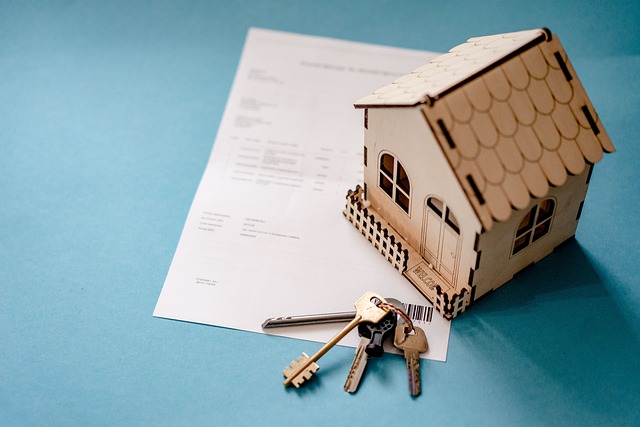The Basics of Private Mortgage Insurance and Why it Matters
New homeowners are often obliged to pay for private mortgage insurance, sometimes known as PMI. If their down payment is less than 20% of the property's estimated or agreed-upon worth or sales price, this is especially true.
Private mortgage insurance exists to safeguard lenders against loss in the event of a loan default by a new homeowner.
Since private mortgage insurance mainly serves to safeguard lenders, it often gets a bad rap. Because of this, millions of people have been able to enter the housing market with more manageable initial investments.
Previously, had the down payment remained the same, these individuals would not have been able to purchase a home. In addition, private mortgage insurance might increase your loan eligibility, which is a major factor.
Private Mortgage Insurance Premium Prices
The monthly payment and the size of the down payment affect how much a mortgage costs. Half of one percent is the standard. Private mortgage insurance premiums can be roughly approximated with the following formula:
Cost of private mortgage insurance, each year, equals purchase price of home minus down payment % multiplied by 0.05
Let's look at an illustration. Let's pretend you just bought a house for $500,000. A 20% deposit is required from you. Following the same formula as before:
Mortgage insurance costs per year are estimated as follows: Typically, mortgage insurance costs roughly $167 per month.
Remember to inform your lender when your equity in your home reaches 80% by keeping meticulous payment records.
The Homeowner Protection Act mandates that lenders give you an estimate of how long it will take you to pay off your mortgage, but it's still in your best interest to keep track of this information on your own.
In rare situations, lenders will require borrowers to maintain private mortgage insurance for the duration of the loan. Borrowers with a high credit risk fall under this category. Therefore, your credit rating and payment history, as measured by tools like the FICO score, are also significant.
Private mortgage insurance can be a source of frustration for some borrowers. Some workarounds are possible.
One option is to increase your monthly mortgage interest payments. Private mortgage insurance may be optional depending on the lending institution. It may be wise to do so, as mortgage interest is a tax deduction.
Showing the lender that the value of your property has increased is another approach to get out of paying PMI.
If your home's value has increased by a sufficient amount, you likely have enough equity to stop paying for mortgage insurance. Lender verification can take months or even a year, so be patient.


Post a Comment for "The Basics of Private Mortgage Insurance and Why it Matters"